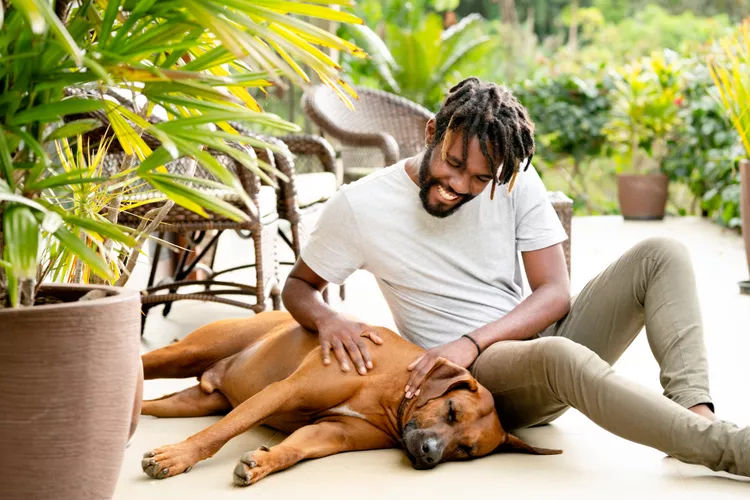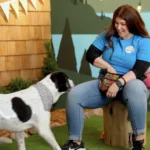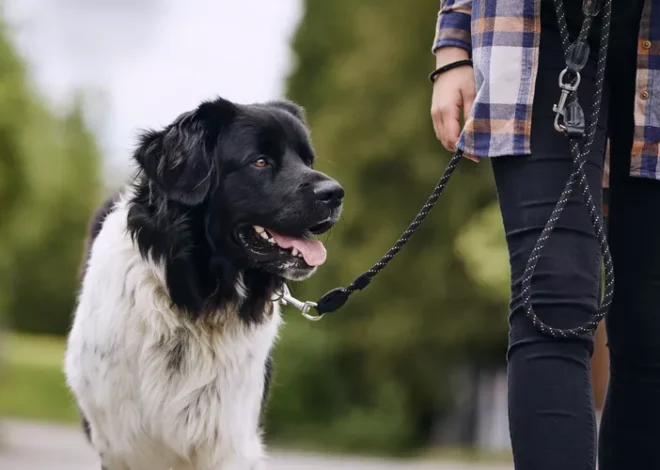
How to Navigate the First 24 Hours With Your New Rescue Dog: A Comprehensive Guide

Welcoming a rescue dog into your home is an exciting and transformative experience, but the first 24 hours can set the tone for a long-lasting bond. These initial hours are crucial for your new furry friend to begin decompressing and adapting to their new environment. Here’s a guide to making those early moments count.
Create a Calming Environment With Boundaries
Rather than allowing your new dog full access to your home immediately, create a safe, cozy space for them. Dogs thrive when they feel secure, so designate a small, quiet area as their retreat. This space should include a comfy dog bed, soft lighting, and perhaps some calming background music. Avoid overwhelming them with too many new sights and sounds.
Remove items they might chew on, and instead, provide safe alternatives like a Kong or a chew toy. For the first 24 hours, limit interactions to immediate family members and avoid introducing other pets or visitors until your dog feels more at ease.
Read Also: Why Letting Your Dog Sniff Is Crucial for Their Happiness and Well-Being
Establish Routines Early On
Dogs feel safer and more confident when they know what to expect. Begin establishing simple routines as soon as possible. For example:
- Potty Breaks: Take your dog to a designated potty area immediately after waking up, eating, or playing. Reward them with praise and treats for successful attempts.
- Meal Times: Feed adult dogs twice a day, while puppies may require more frequent meals.
- Exercise: Tailor your dog’s exercise routine to their age, breed, and energy levels. A typical adult dog benefits from 60 minutes of daily activity, split into shorter sessions.
These routines help alleviate anxiety and provide a sense of predictability.
Read Also: Loose Leash Walking: Transform Your Dog Walks From Chaos to Calm
Stay Calm and Patient
Remember, your new rescue dog isn’t intentionally misbehaving—they’re trying to understand their new environment. Use positive reinforcement to guide their behavior. Redirect unwanted actions with engaging toys, like a food-filled Kong or a bully stick.
For nervous dogs, maintain a calm demeanor and allow them to approach you at their own pace. Toss treats to them from a distance to build trust. Never punish fearful or unsure behaviors, as this can hinder progress.
Read Also: How to Help Your Dog Overcome Veterinary Visit Anxiety
The 3-3-3 Rule of Dog Adoption
The “3-3-3 Rule” helps adopters understand the adjustment process for rescue dogs:
- First 3 Days: Your dog is decompressing. They may feel nervous, unsure, or even overwhelmed.
- First 3 Weeks: They begin learning household routines and rules. You’ll notice their personality start to emerge.
- First 3 Months: By this time, most dogs feel fully settled, trust their new family, and understand the routines.
Each dog adjusts at their own pace. Factors like age, temperament, and past experiences will influence how quickly they adapt.
Read Also: Training Your Shelter Dog: A Comprehensive Guide to Building a Loving Bond
Tips for a Seamless Transition
- Avoid Overstimulation: Limit interactions and introductions during the first few days.
- Provide Enrichment: Use puzzles, lick mats, and engaging toys to keep your dog mentally stimulated.
- Seek Professional Guidance: If behavioral challenges arise, consult a trainer or behaviorist experienced in rescue dogs.
External Resource: American Kennel Club’s Tips on Rescue Dog Care
Conclusion
The first 24 hours with a rescue dog are about patience, understanding, and setting the stage for a loving relationship. By creating a calming environment, establishing routines, and following the 3-3-3 Rule, you can ensure your new furry friend feels secure and supported as they adjust to their forever home.
Read Also: Debunking the Alpha Roll: A Modern Approach to Dog Training
By giving your rescue dog the time and care they need to decompress, you’re paving the way for a rewarding and joyful partnership.










